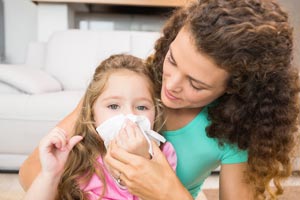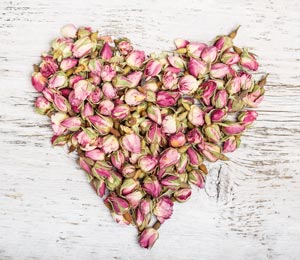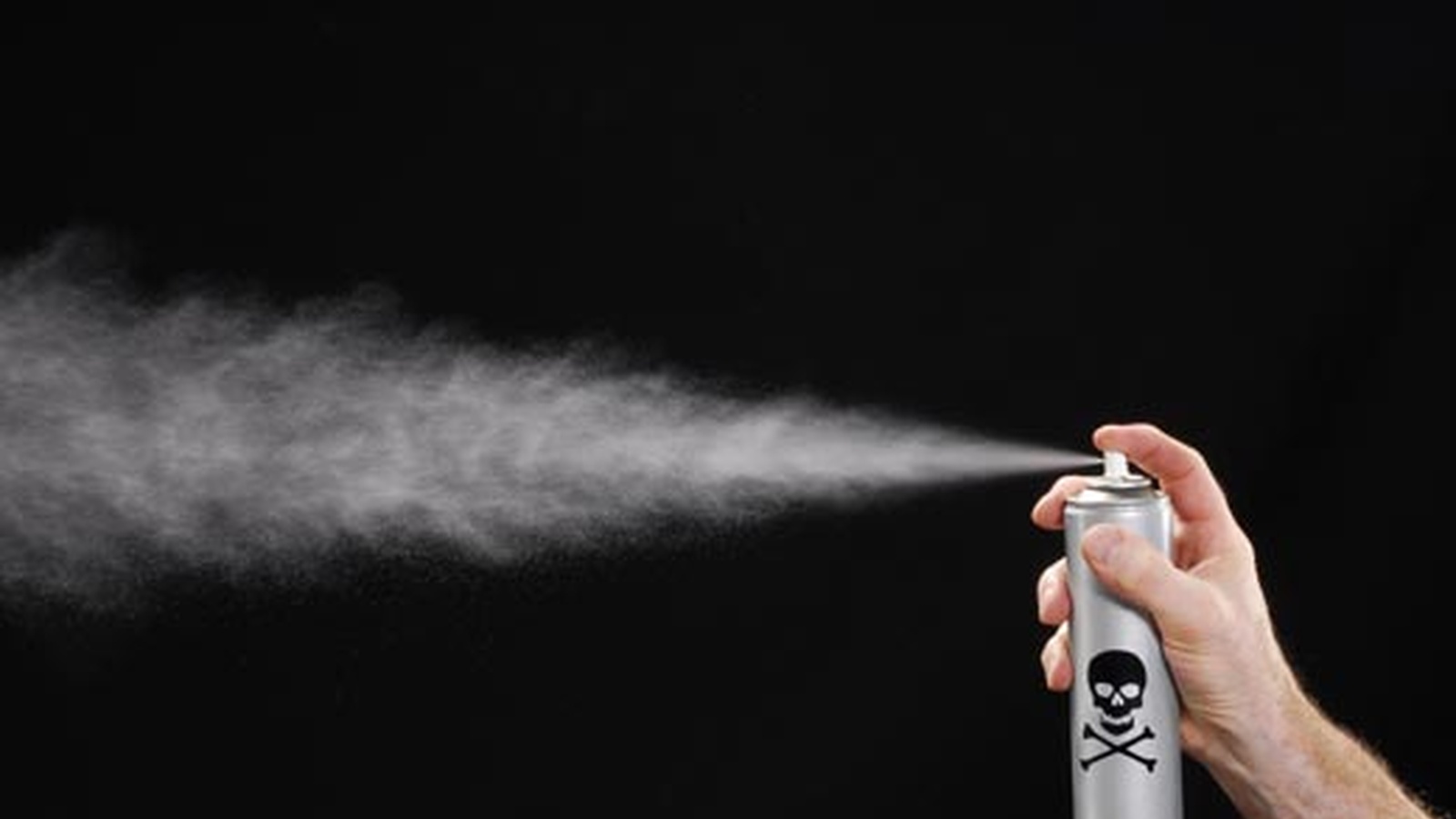The Dangers Of Air Fresheners (Plus 10 Natural Options)
You’ve probably seen the commercial: A mom walks into a teenager’s room, takes a sniff and tells him no “nice” girl would ever want him because his room smells like (shocker!) teenage boy. She tells him it’s time to “wash” his room and hands him a bottle of Febreze, which he proceeds to spritz on every stinking surface in the room, from his pillow to his bed. In the next scene a girl walks in, sniffs around, and decides the boy is all right. There’s so much wrong with this commercial, I could go on for hours… but I want to focus on the one that is going to have a long-term effect on health: air fresheners. They can be quite harmful to your health, and the same can be said about disposable diapers.
I always gag when I walk into a Febreze-sprayed room. The worst is when the cleaning crew uses it like crazy in actors’ trailers, and then we have to sit in there all day.
Air fresheners come in many different forms, from air and fabric sprays to plug in “burners” to solids. While they can perfume the air of your home, they don’t actually neutralize smells and they can wreak havoc on your home’s air quality.
What’s in Air Fresheners?
According to the EPA1, air freshener contains four basic ingredients: formaldehyde, petroleum distillates, aerosol propellants, and p-dichlorobenzene.
Formaldehyde can cause a number of health effects including:
- Watery eyes

- Burning eye, nose, throat and other mucous membranes
- Difficulty breathing
- Nausea
- Asthma attacks
Petroleum distillates come from petrochemical manufacturing, which contribute to air, soil, and groundwater pollution. The effects on human health include:
- Respiratory problems
- Asthma
- Chemical pneumonia
- Pulmonary damage
Aerosol propellants can harm earth’s ozone layer. Likewise, they can damage human health including:
- Increased cancer risk
- Breathing problems
- Development of chronic health issues
Paradichlorobenzene (p-DCB) is often found in mothballs and may cause:
- Anemia

- Skin lesions
- Liver damage
- Loss of appetite
- Changes to the blood
Of course, air fresheners also contain fragrance, often in the form of perfumed chemicals.
Indoor Air Quality
It’s quite ironic, really, that something designed to “improve” indoor air quality by making it smell better actually winds up making your home more toxic. Studies show that use of air fresheners in the home can trigger asthma and allergies, along with other breathing problems. Because your home is a relatively closed space, adding elements that diminish air quality can harm your family and contribute to the toxic brew of chemicals that wind up trapped in your system. Air fresheners can also harm pets, which have a faster metabolism. They may also be especially dangerous for people with pulmonary conditions such as asthma, allergies, or COPD.
Alternatives to Air Freshener
Everyone’s home can get a little stale from time to time. If you’d like to sweeten your environment, however, you can make far healthier choices than air fresheners. Here are a few suggestions:
1. Make a pomander.
Stud an orange with whole cloves and cure it in the oven on low heat for about an hour – or place it in a paper bag somewhere cool and dry for about six weeks. Hang it with a ribbon or set in a pretty bowl to sweetly scent the area.

2. Open the windows.
Every house can benefit from a good airing out. On a day with good air quality and a slight breeze, open your windows for a few hours. Open windows on all sides of the house to create a cross breeze that gets air moving.
3. Simmer spices.
You can simmer spices such as whole cinnamon, cloves, and nutmeg on the stovetop or in a simmering pot.
4. Odor absorbers.
Use a neutral odor absorbent such as a box of baking soda in a stinky area, or sprinkle especially smelly spots (such as the garbage can) with a little vinegar and baking soda.
5. DIY Spray & Wipe.
Vinegar can remove odors from surfaces when you spray a little on and wipe it up.
6. Fragrant creativity.
Create your own potpourri from bulk herbs, flowers, and spices and leave a little in a bowl.
7. Use essential oils.
Dab a little on a light bulb or a warmer to gently scent a room.

8. Get Zesty.
Put a little citrus peel down the garbage disposal and turn it on to de-stink your drain.
9. Vinegar Eliminator.
Eliminate cooking odors by placing a shallow bowl of vinegar nearest the scent.
10. Cotton Balls.
Soak a cotton ball in vanilla and place it in a bowl where you want your home to smell better.
Try these natural options- and ditch the toxic, store-bought air fresheners!
Do you have any other handy natural tricks to keep your home smelling fresh?
Take the stress out of cooking with 21-days of guided meal plans, shopping lists, and nutrition support. You’ll find all of this, and more, in our signature Clean Eating Program.








